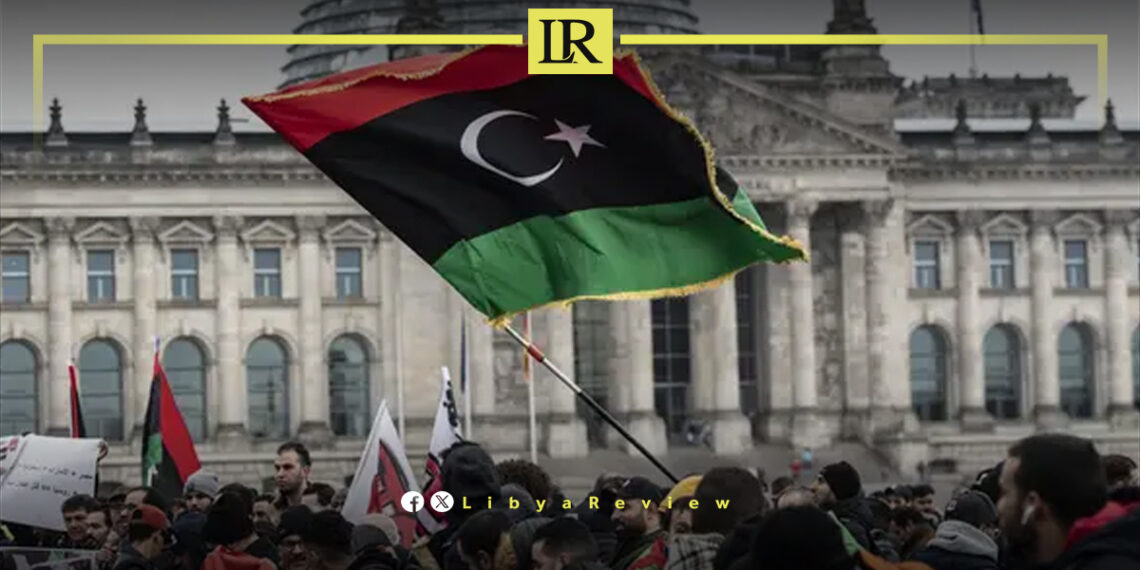German Minister of State at the Federal Foreign Office, Katja Keul, has reaffirmed her country’s commitment to supporting the Berlin Process and efforts towards stabilizing Libya.
In a meeting with Libya’s Minister of Local Governance, Badr Al-Din Al-Toumi, in Berlin, Keul emphasized Germany’s ongoing support for Libya’s stability. The discussions highlighted the importance of holding general elections in Libya, with Al-Toumi reiterating the Government of National Unity’s commitment to conducting free and fair elections based on a constitutional framework agreed upon by all parties.
Al-Toumi also outlined steps being taken to activate local governance, including the devolution of powers to municipalities, the activation of local revenue streams, and the allocation of local development budgets. Additionally, he discussed the implementation of a community participation program aimed at strengthening public involvement in governance.
Libya has been in chaos since a NATO-backed uprising toppled longtime leader Muammar Gaddafi in 2011. The county has for years been split between rival administrations.
Libya’s economy, heavily reliant on oil, has suffered due to the ongoing conflict. The instability has led to fluctuations in oil production and prices, impacting the global oil market and Libya’s economy.
The conflict has led to a significant humanitarian crisis in Libya, with thousands of people killed, and many more displaced. Migrants and refugees using Libya as a transit point to Europe have also faced dire conditions.
The planned elections for December 2021 were delayed due to disagreements over election laws and the eligibility of certain candidates. This delay has raised concerns about the feasibility of a peaceful political transition.
Despite the ceasefire, security remains a significant concern with sporadic fighting and the presence of mercenaries and foreign fighters. The unification of the military and the removal of foreign forces are crucial challenges.


